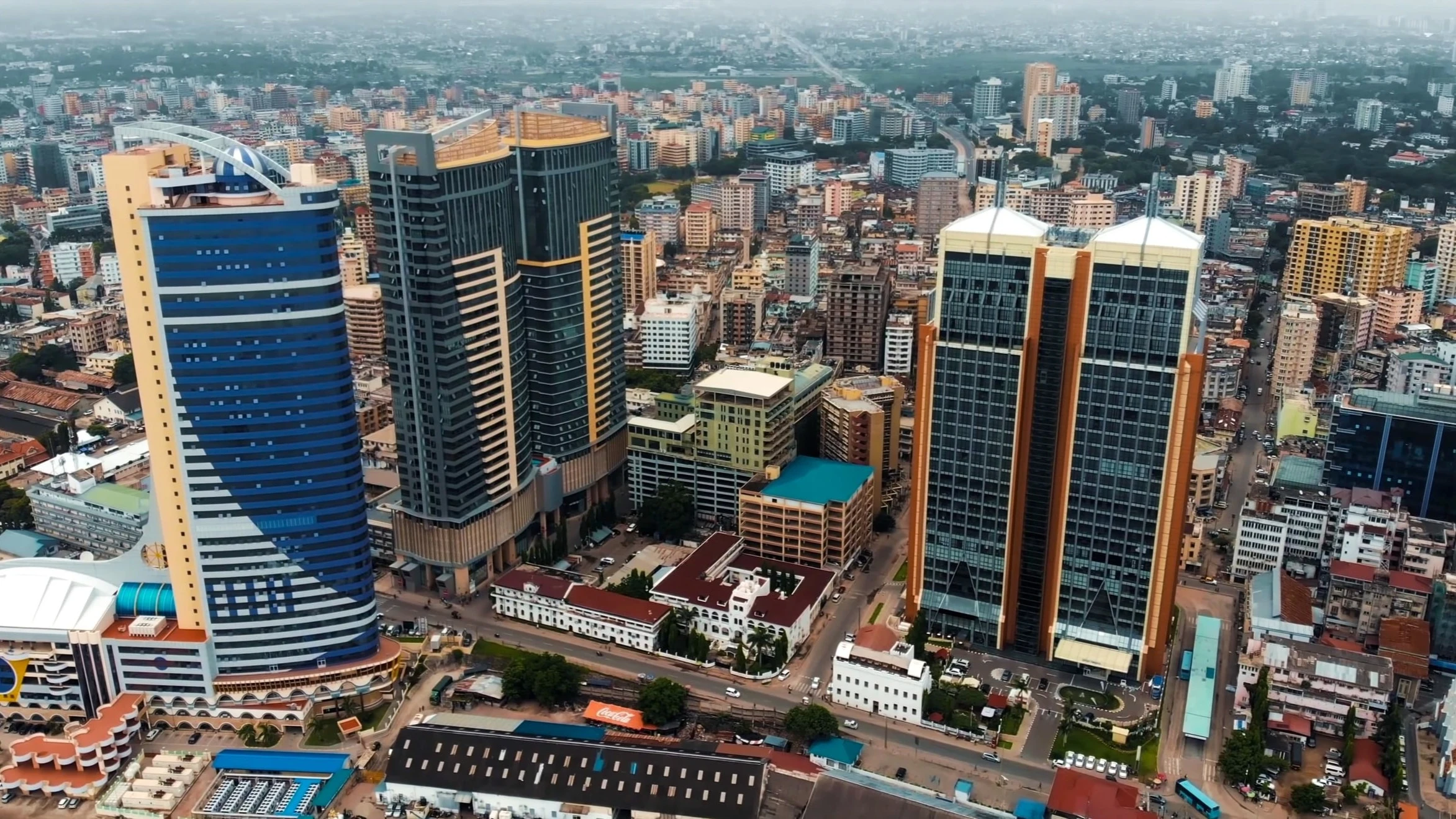Govt targeting investments in smart infrastructure to tackle climate risks

The future of Tanzania’s urban infrastructure is poised to become climate-driven and smart.
Innocent Bashungwa, the Minister for Works, addressed the second Tanzania-Japan Quality Infrastructure Dialogue held in Dar es Salaam yesterday, emphasizing that smartly designed infrastructure could alleviate the government's financial burden from rehabilitating dilapidated roads and bridges impacted by climate change.
At the dialogue, coordinated by the Tanzania Investment Center (TIC), Bashungwa highlighted Japan's significant contributions to Tanzania's infrastructure development, amounting to a total of 1.25trn/- since the 1980s for upgrading and rehabilitating roads and bridges.
He discussed the Dar es Salaam Infrastructure Master Plan, which commenced in 2018 and aims for completion by 2040. This major project is supported by the Japan International Cooperation Agency (JAICA) and aims to alleviate traffic congestion in the central business district of Dar es Salaam.
“Decongesting Tanzania’s cities through a smart approach is a priority as the government prepares the National Development Vision 2050. The smart infrastructure we plan to develop will address the potential risks posed by climate change,” said Bashungwa.
He further noted that environmental conservation in Tanzania's major cities is crucial for achieving Sustainable Development Goals (SDGs) and other global commitments aimed at creating a better world for all living beings.
“Smart living should extend beyond merely erecting concrete structures; it should focus on conserving the environment and sustaining nature. Our urban development must prioritize climate resilience,” he added.
The minister stated that the government is currently collaborating with development partners, including JAICA, to address traffic congestion in Dodoma, with similar initiatives in Mwanza, Arusha, and Mbeya.
“Infrastructure efficiency is vital in today’s world for enhancing the competitiveness of sustainable economies. Infrastructure design should not only facilitate economic progress but also combat environmental and climate change threats,” Bashungwa emphasized.
He called for JAICA's support in developing a comprehensive national infrastructure and transport master plan and financing smart climate projects.
Ogasawara Kenichi, Deputy Minister for International Projects at Japan's Ministry of Land, Infrastructure, Transport and Tourism, noted that the two countries are collaborating to create quality jobs through joint infrastructure projects.
He mentioned that over 60 Japanese construction companies are present in Dar es Salaam for the dialogue, sharing experiences with local firms.
This dialogue is a continuation of discussions from the Tokyo International Conference on African Development (TICAD) held in Nairobi last year, where Japan expressed its commitment to mobilizing resources to address Africa’s infrastructure challenges.
Top Headlines
© 2024 IPPMEDIA.COM. ALL RIGHTS RESERVED

























